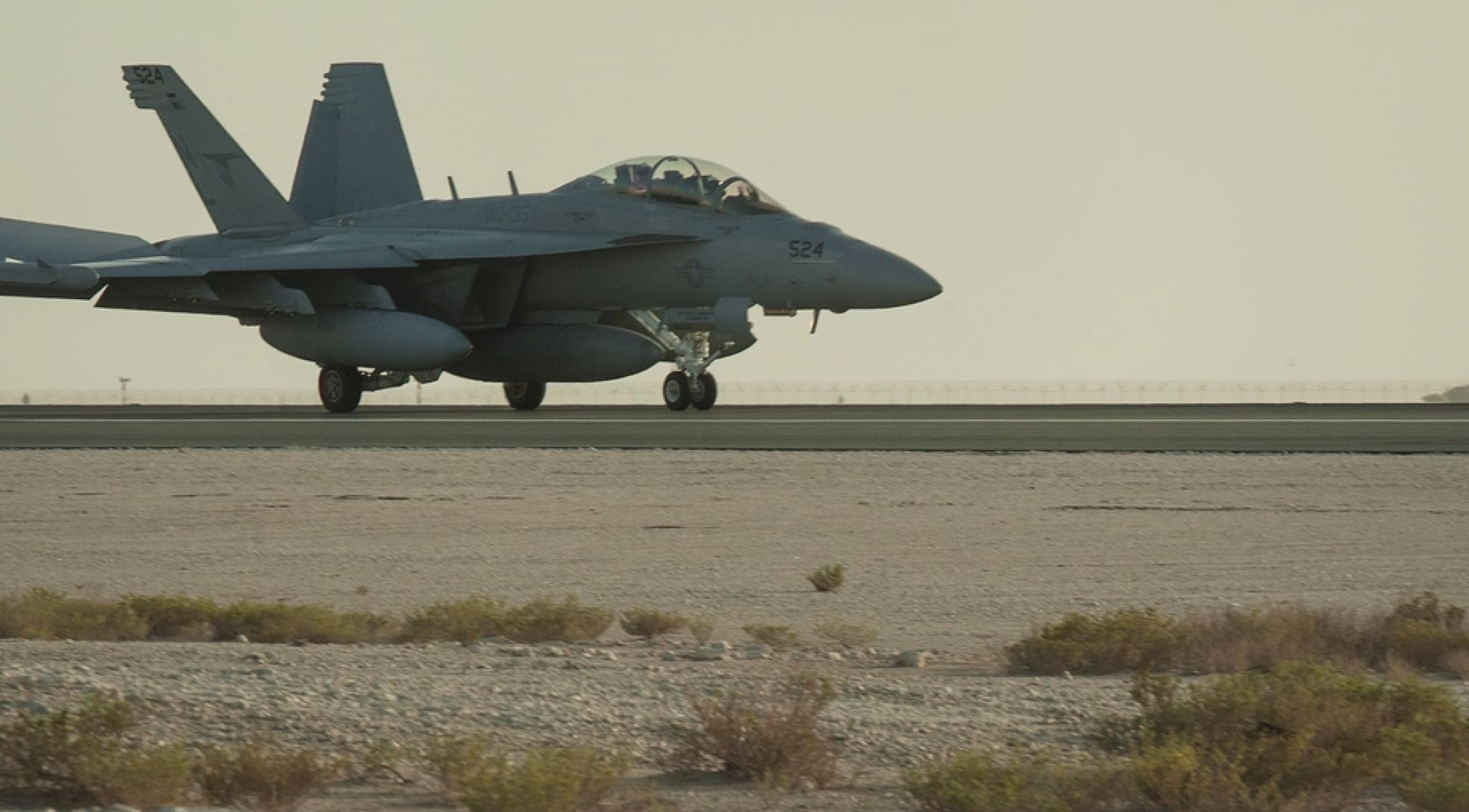Sec Def to visit Bahrain, Qatar, hosts to US Military Bases; Sec State Speaks with Iraqi PM

WASHINGTON DC, United States (Kurdistan 24) – U.S. Secretary of Defense Lloyd Austin will travel to the Middle East next week, Pentagon Press Secretary Maj. Gen. Pat Ryder announced on Tuesday.
In addition to Israel, Austin will visit Bahrain and Qatar, Ryder said.
Ryder’s announcement came against a backdrop of significantly increased attacks by pro-Iranian militias on U.S. targets in Iraq and Syria.
In addition, the Houthis in Yemen, who are also backed by Iran, have begun attacking international shipping in the Red Sea. On Tuesday, it was announced that a missile fired by the Houthis from Yemeni territory had struck a Norwegian-flagged tanker in the Red Sea, which was bound for Egypt’s Suez Canal.
So far, the Biden administration’s response to these attacks has been minimal, prompting Republican criticism, like that voiced by Rep. Michael McCaul (R, Texas), the influential chairman of the House Foreign Affairs Committee.
The two Gulf countries are significant, as they host the two major U.S. military bases in the region. The U.S. Navy’s Fifth Fleet is based in Bahrain. Qatar’s Al Udeid airbase is the largest U.S. military base in the Middle East. It serves CENTCOM’s Air Force operations, ranging all the way from Afghanistan to Syria.
In addition to meeting the leaders of those two countries, Austin will, presumably, meet with the local U.S. commanders. Thus, quite possibly, Austin’s visit will prove to be the first public sign that the Biden administration is becoming more serious about how it responds to the attacks from Iran-backed militias that have accelerated so significantly over the past two months.
Indeed, the highly regarded Institute for the Study of War has aptly summarized the situation: “Iran and its so-called ‘Axis of Resistance’ are exploiting the Israel-Hamas war to support their objective of expelling US forces from the Middle East.”
And as Rep. McCaul recently complained, “We’ve had over 90 attacks on our troops in Iraq and Syria from Iran-backed militias, and for the most part that’s gone without any response.”
In addition to Ryder’s announcement of Austin’s upcoming trip, there was also related news from the State Department.
Secretary of State Antony Blinken spoke on Tuesday with Iraqi Prime Minister Mohammed Shi’a al-Sudani. It was their second conversation in two weeks.
Read More: US Secretary of State Speaks with Iraqi Prime Minister
Both discussions were similar—with one significant exception. Until Friday, when the U.S. embassy in Baghdad was attacked with mortars, followed by rocket and drone assaults on several bases in Iraq and Syria hosting U.S. forces belonging to the anti-ISIS Coalition, U.S. officials would not say what they knew well: the militias attacking U.S. targets were backed by Iran.
Read More: U.S. Sec Def Speaks with Saudi Counterpart, amid Attacks by Iran-backed Militias
Perhaps, senior figures in the Biden administration thought that such a cautious approach would inhibit an escalation in the use of force. If so, they were quite wrong, as Friday’s assaults demonstrated.
However, with those attacks on Friday, their position changed, and they began to state that the militias are Iranian-backed.
Read More: U.S. Cites Iran, as Militias Attack Numerous Sites in the Kurdistan Region, Iraq, and Syria
Thus, in his discussion with Sudani on Tuesday, Blinken stated that the militias in Iraq attacking U.S. forces “are acting with the support of Iran.”
The Pentagon has gone even further, identifying the two militias that have carried out most of the attacks: Kata’ib Hizbollah and Harakat al-Nujaba. As Pat Ryder suggested on Monday, identifying them served as a way of putting them on notice:
“It’s calling them out and highlighting to them that we know what they’re doing,” Ryder said.
U.S.-Iraqi Ties Appear Cordial
The Biden administration appears to be satisfied in its dealings with the Baghdad government, including how it is dealing with the militia attacks.
Ryder spoke in positive terms in Tuesday’s press briefing. “Iraq is an important partner to the United States,” he said. He stressed that U.S. troops were in Iraq at the invitation of the Iraqi government “to help their forces as they continue to work for the lasting defeat of ISIS.”
Ryder then added, “But we do very much appreciate the Iraqi Security Forces and the assistance that they have provided, when it comes to addressing these threats” from the militias, “and we’ll continue to stay in close coordination and communication with the Iraqi government.”
Blinken’s conversation with Sudani struck a similar tone. Following Friday’s attack on the U.S. embassy, Sudani issued a strong statement denouncing the assault and directing the Iraqi security services “to pursue the perpetrators.”
In their discussion on Tuesday, Blinken “welcomed” Sudani’s “strong condemnation of the recent attacks as ‘acts of terrorism,’ as well as the Iraqi government’s pledge to investigate and hold perpetrators accountable,” according to a readout provided by State Department Spokesperson Matthew Miller.
Blinken “noted that the attacks are being carried out by militias who are acting with the support of Iran and undermining Iraq’s sovereignty and independence,” it continued.
And the two sides “committed to remain in close contact over the coming days and weeks.”
